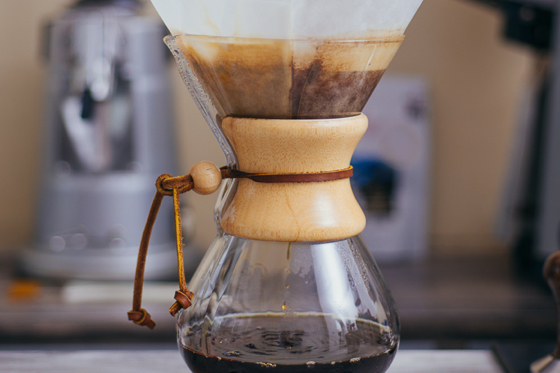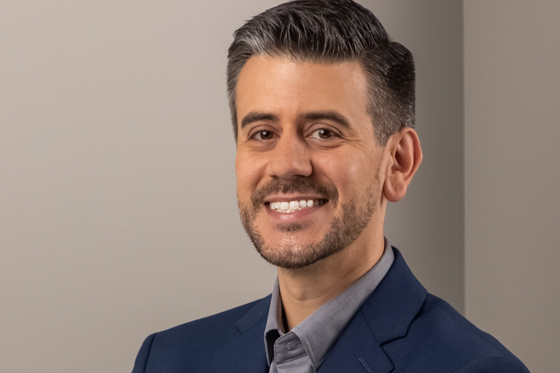“During the pandemic, people weren’t comfortable waking up and filling up a cup of coffee at a station where 100 other people have filled their cups of coffee,” said Anthony Langan, corporate director of food and beverage at Charlestowne Hotels, Charleston, South Carolina.
One relatively easy solution was to convert a hotel’s bar space into a morning coffee station. “It’s a way to provide coffee in a more intimate, personal way,” Langan said.
Before the pandemic and definitely post-pandemic, some hotels are intentionally designing their bar space to be both cocktail and coffee bars. “This is a space that maybe wasn’t doing anything for us previously, and a lot of hotels don’t always have space dedicated to just a coffee shop,” Langan said. “The equipment is there, the ingredients are there, and you can do something more exciting than (just a cup of coffee). And if there’s one thing people will spend money on, it’s coffee.”
Behind bottled water, coffee is the second largest category in terms of beverage sales, Langan pointed out.
Bars and coffee bars have a lot of parallels, he says, in terms of tools and structure. “If you add an espresso machine, a coffee maker and some ingredients, you can create this coffee program without any or little infrastructure and no big investment,” Langan said. “And now, you can generate revenue in a time period that you couldn’t do before. It’s hard to sell cocktails at 10 a.m.; it’s easier to sell coffee.”

Langan said it’s also important for hotels to develop uniquely local coffee programs – something they can’t find anywhere else. “Historically, there’s been this very small list of market behemoths that dominate the hospitality coffee industry,” he said. “The reason for this is they have the scale to both sell you products at a low price and to provide you with equipment at no cost. The downside for this is it makes it harder for hotels to work with great local roasters in their own communities.”
Hotel Revival in Baltimore, Maryland, is debuting a new partnership with a local coffee purveyor, Black Acres Roastery, which will be served at the hotel’s re-imagined coffee shop, Dashery, as well as in rooms in a unique, single serve, steepable coffee bags.
“As a part of our continued efforts to amplify and engage with local and Black-owned businesses, we are excited to bring Black Acres Roastery’s uniquely crafted coffee experience directly to our guests,” said Donte Johnson, Revival general manager. “We hope to take this partnership to another level with the introduction of a unique, in-room pour over coffee experience and the development of a custom Revival blend for our guests.”

Pour over coffee is a rising trend in the artisanal coffee industry, Johnson says, and Hotel Revival is one few hotels in the United States to offer this type of coffee experience.
Working with local roasters, however, is much more possible if you use a bit of creativity. Langan suggested working with local coffee purveyors to come up with a solution. “Maybe it’s a case of sharing the burden in purchasing the equipment or that the sales from the partnership will pay for the equipment,” Langan said. “This will take a couple of conversations, but it’s worth it.”
Besides offering a local and can’t-find-anywhere-else experience, these partners also are there for you if problems arise. “You know if you’re working with the local roaster down the street that if you have problems with your machine, they’re just going to come down and fix it,” Langan said. “They also know 100% about oat milk, they know about nitro, and they know what kind of equipment you need, how to take care of it and the right way to build a menu that’s going to be successful.”
Langan said local and regional roasters make great partners. “We’re wise to learn from them because they’re experts in that industry,” he says.

